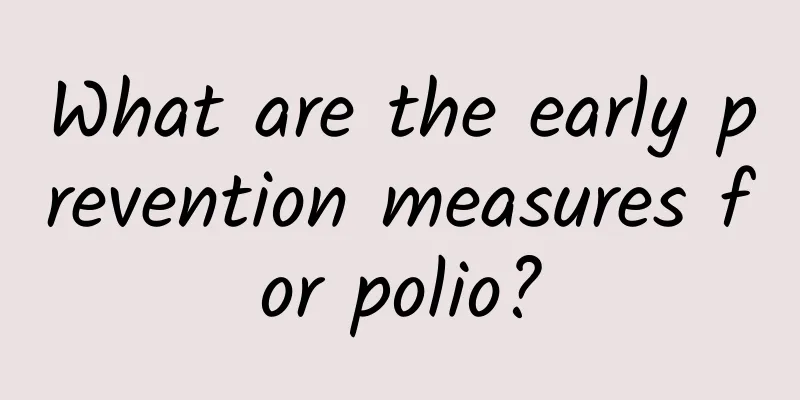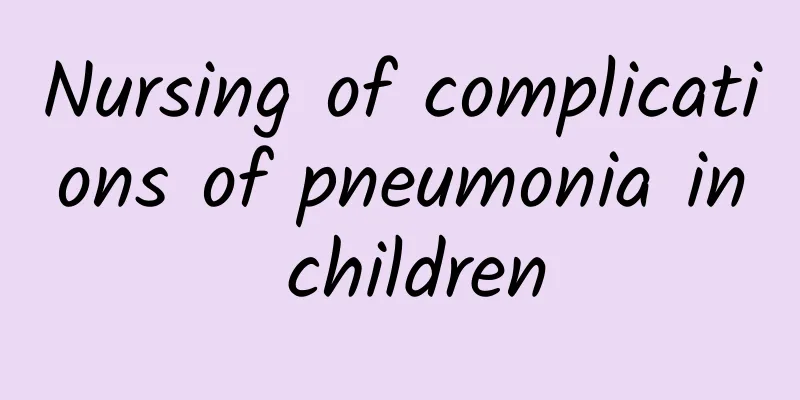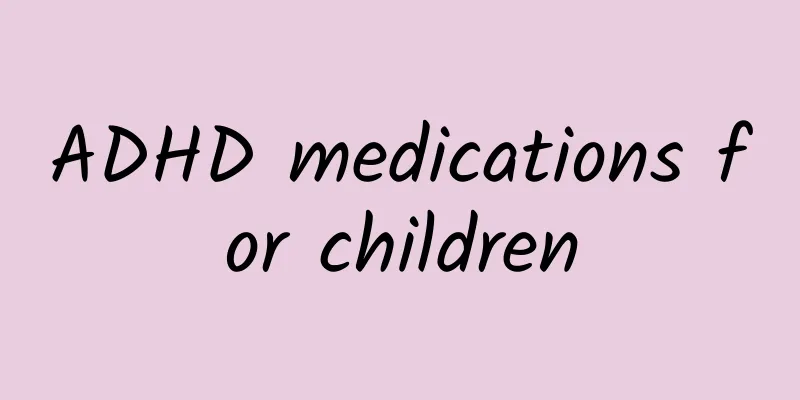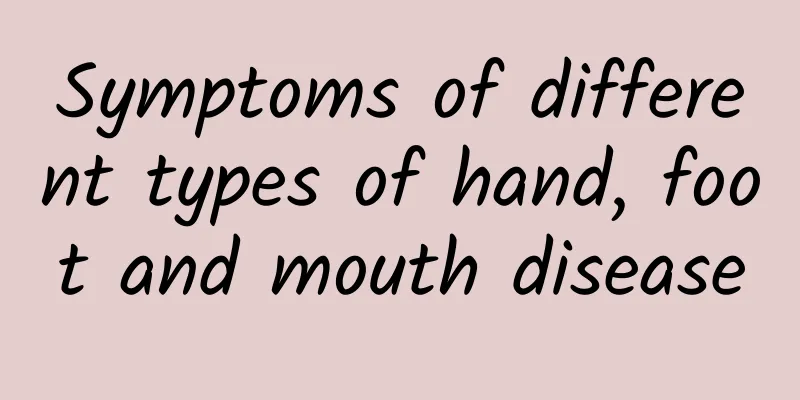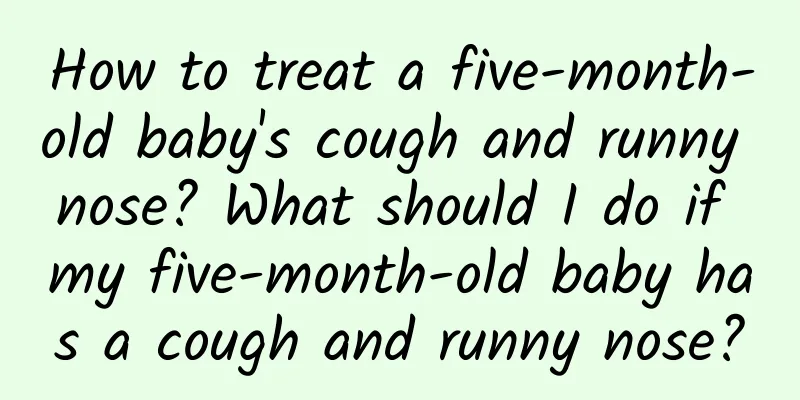Early symptoms of diarrhea in children
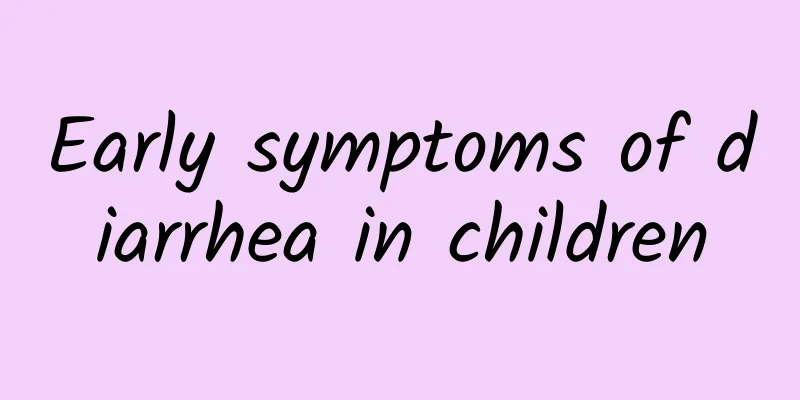
|
Children often become dehydrated when they have severe diarrhea, so parents should not be careless when their children have diarrhea. Parents should be fully aware of the symptoms of diarrhea in children. It is very important for parents to take their children to see a doctor or provide appropriate home care in time when they find that their children have diarrhea. The initial symptoms of diarrhea in children are often not diarrhea, but vomiting, and this vomiting has a characteristic of vomiting that represents the symptoms of diarrhea in children. That is, no matter what the baby eats or drinks, he will suddenly vomit it all out within a few minutes. When this symptom occurs, parents should observe carefully to see if the baby is about to have diarrhea. The symptoms of diarrhea in children often have some common manifestations, such as: the frequency of bowel movements in children increases, more than 3 times a day; the stool is thin or watery; infectious diarrhea, the baby often has a fever, usually 37-38 degrees; if the child cannot speak, he will cry and refuse to eat. When the baby is older, he will express his stomach pain and be in a low mood. Of course, in addition to the above common symptoms of pediatric diarrhea, the symptoms of pediatric diarrhea can vary depending on whether it is mild diarrhea or severe diarrhea. In other words, you can judge whether the child has mild diarrhea or severe diarrhea based on the following symptoms of pediatric diarrhea. Mild diarrhea: Children have bowel movements more than 3 times a day, but no more than 10 times. The stool is mostly yellow or yellow-green in color, often in a thin paste or egg drop soup-like state, with a slightly sour smell. Although the baby has diarrhea, his mental state is still OK, and there is no obvious dehydration phenomenon such as dry mouth, poor skin elasticity, sunken eye sockets, and less urine. Severe diarrhea: In addition to defecating more than 10 times a day, the stool is not watery or mushy but watery or egg drop soup-like with a lot of water. The child also frequently vomits and has a high fever. The baby is listless and has obvious dehydration symptoms such as dry mouth, poor skin elasticity, sunken eye sockets, and less urine. Parents and friends, do you understand the symptoms of diarrhea in children? Children's immunity and self-recovery ability are not as good as those of adults, so if children have diarrhea, it is best to seek medical treatment in time. |
<<: Can severe mumps be cured?
>>: How harmful is diarrhea in children?
Recommend
What is the difference between acute laryngitis and cold in children?
What is the difference between acute laryngitis a...
How is jaundice hepatitis caused? Is it serious?
Icteric hepatitis may be caused by virus infectio...
What to do about breast milk jaundice
Breast milk jaundice is a common type of neonatal...
What are the causes of patent ductus arteriosus in newborn babies?
The causes of patent ductus arteriosus in newborn...
How to treat breast milk jaundice? Some tips on the treatment of breast milk jaundice
Breast milk jaundice is a very common jaundice. W...
What are the clinical manifestations of influenza? What should we do if we have influenza?
1. Typical Flu Symptoms of systemic poisoning suc...
How can we tell if jaundice has subsided?
Generally speaking, the disappearance of jaundice...
Which foods can relieve acute laryngitis in children?
Which foods can relieve acute laryngitis in child...
How to treat acute laryngitis in children
The treatment of acute laryngitis in children sho...
What is hypothermia?
Hypothermia may sound scary, but it actually mean...
What are the drugs for treating kidney disease in children?
The treatment of children's kidney disease sh...
What causes polio?
Poliomyelitis is caused by poliovirus infection a...
Can babies take azithromycin? What diseases can azithromycin treat?
Azithromycin is mainly used to treat coughs and d...
How to do primary prevention of Kawasaki disease
Kawasaki disease is a disease that appeared in Ja...
What are other traditional Chinese medicine treatments for mumps?
What are other TCM treatments for mumps? Massage ...


